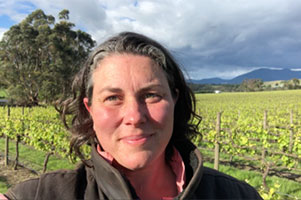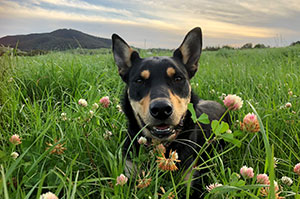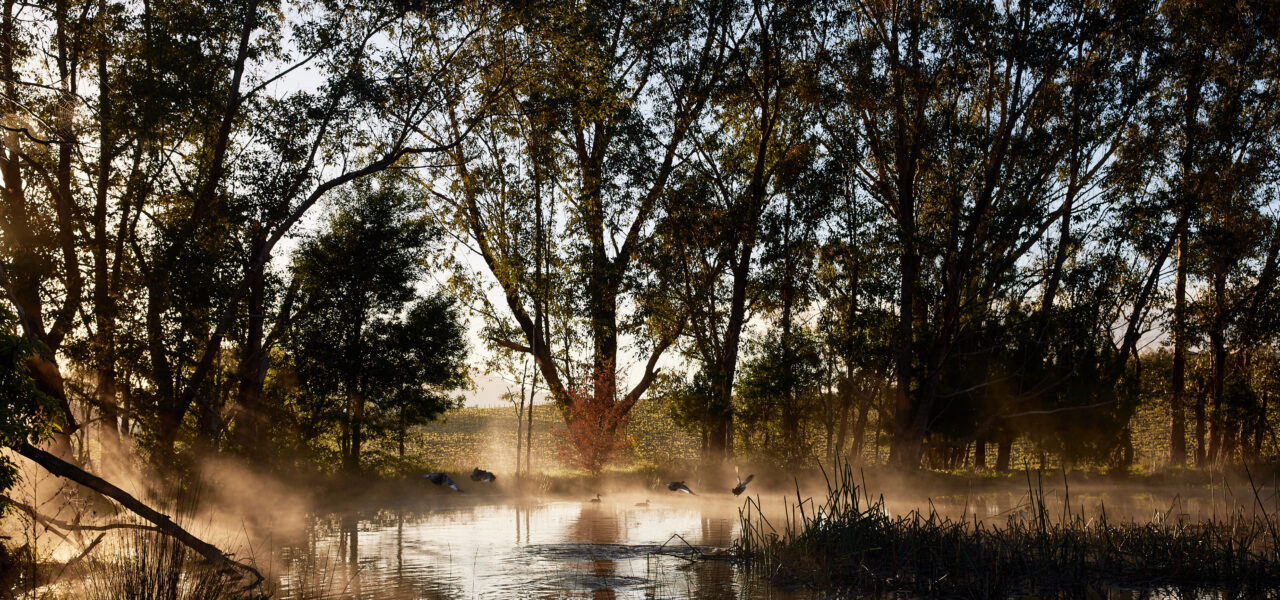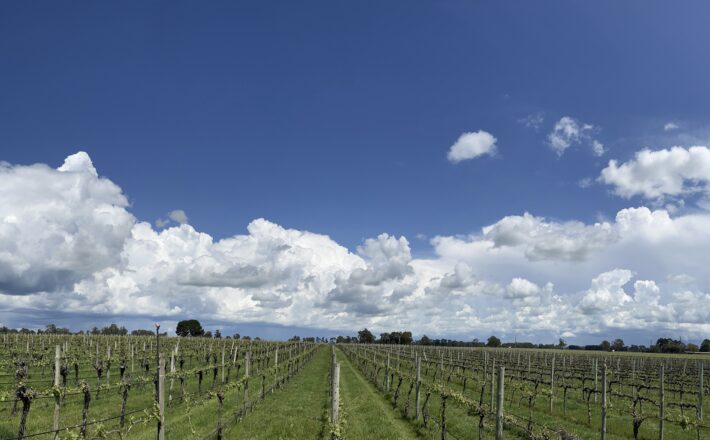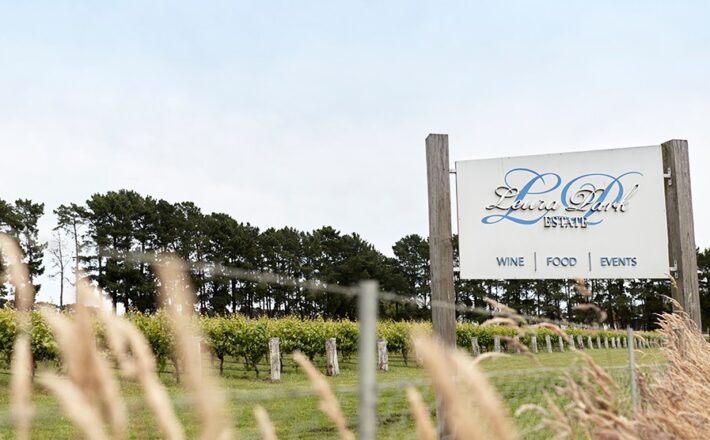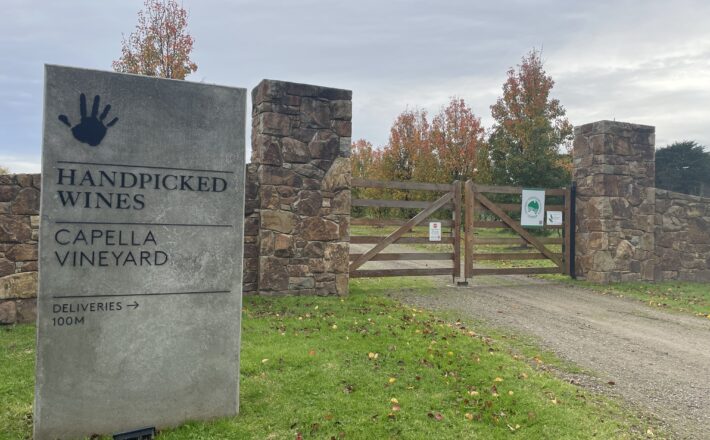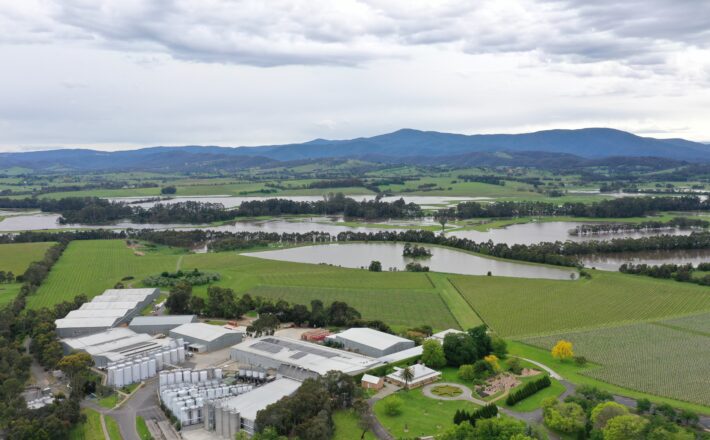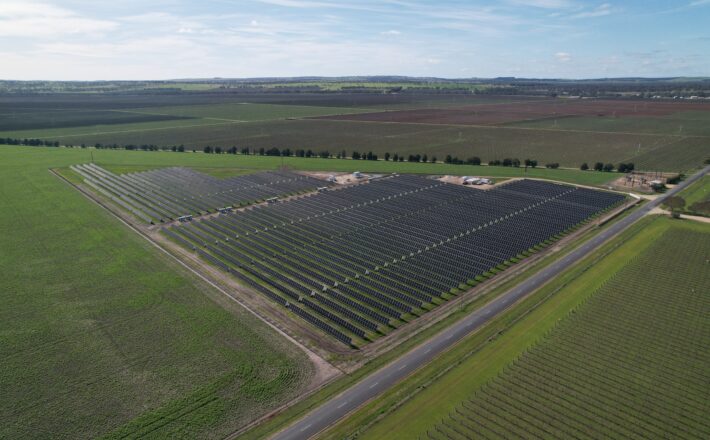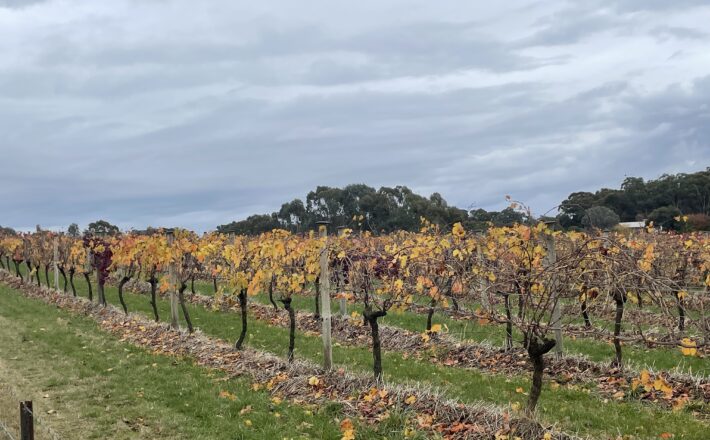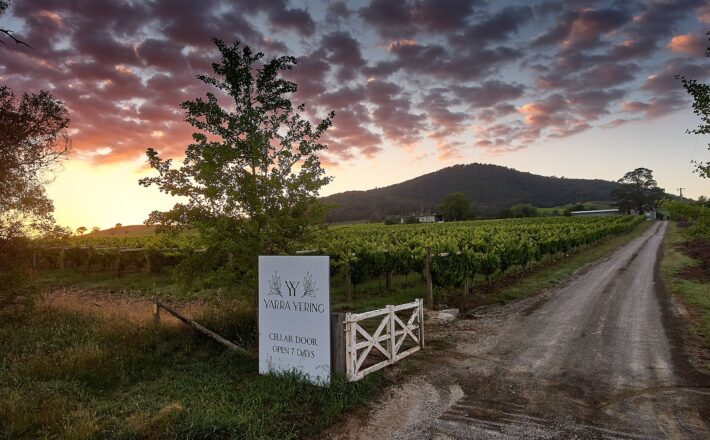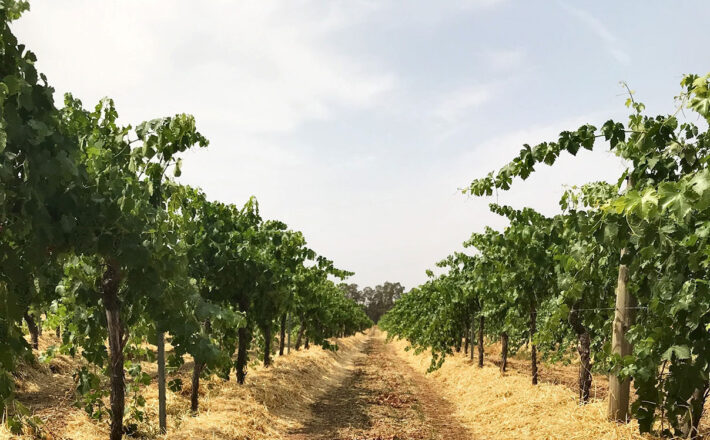Yarrawalla Vineyard is located an hour east of Melbourne in the heart of the Yarra Valley. First planted in 1994, the vineyard specialises in cool climate Chardonnay and Pinot Noir.
The Etheridge family have been farming in the Yarra Valley for over 50 years, continually evolving their sustainable practices.
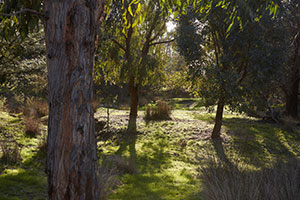
This case study explores just a few of the biodiversity enhancements underway at Yarrawalla Vineyard.
Biodiversity at Yarrawalla
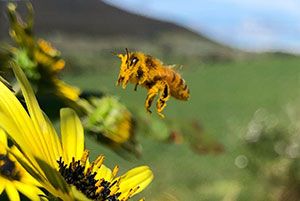
Yarrawalla joined Sustainable Winegrowing Australia to “help put a magnifying glass over the social, economic and environmental areas of our business and to gain access to resources and innovative practices that may assist with updating or affirming things we do at Yarrawalla”.
The program has provided the opportunity for Yarrawalla to benchmark its business metrics against other businesses in the same region and in Australia, while providing a forum for open dialogue and sharing of innovative ideas. Lucy Etheridge, Manager at Yarrawalla, reflects “seeing our business activities on paper through all the record keeping required by Sustainable Winegrowing Australia allows us to see holes where we can improve. Likewise, it can be a pat on the back for things we perhaps didn’t realise we were actually already doing really well”.
“We have a desire to ensure our grapes carry a story, from the vine to the table” – Lucy Etheridge
Yarra Ranges ‘Ribbons of Green’ program
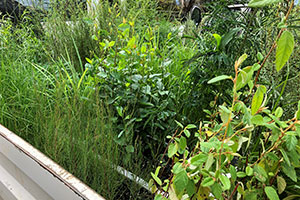
One of the initiatives undertaken at Yarrawalla to improve biodiversity is the ‘Ribbons of Green’ habitat restoration program. The Department of Environment, Land, Water and Planning works closely with the Yarra Ranges Council and local community to provide carefully mapped and selected native species.
Lucy is a big supporter of the program, noting “there is a commitment in terms of time and resources; for us it was worth the effort. Observing the plantings flourish and the flora and fauna thriving is very rewarding. The added bonus for us is that many of those areas become shelter belts for our livestock, as well as insectariums for our vineyard”.
Tips for new members
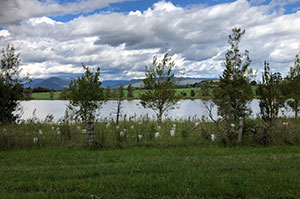
Yarrawalla has been revegetating the property over many decades, purchasing native plants from a local nursery and propagating hundreds of plants themselves.
Planting days at Yarrawalla are opportunities to call family and friends together to enjoy a lunch after a morning of planting trees.
Lucy said, “We have a desire to ensure our grapes carry a story, from the vine to the table. We want to make sure we give grapegrowers a voice and place in that story alongside the winemakers, marketers, sommeliers, sellers and sippers. Being part of initiatives like Sustainable Winegrowing Australia helps that process keep momentum.”
The ongoing management is approached using vineyard staff and contractors in slow times to plant, maintain and tidy up the revegetation zones. Unfortunately, Yarrawalla’s biodiversity was significantly affected during the Black Saturday bushfires in 2009. Yarrawalla bounced back and planting began again. Lucy has observed a thriving ecosystem including nesting birds, returning migratory birds, happy farmers, happy livestock and healthy vines from their biodiversity initiatives.
When it comes to getting started, Lucy’s tips for others looking to enhance their biodiversity include:
- Start small, check your eligibility for local grants via your local council and Landcare group.
- Contact your local council for knowledge – often it will have a list of native species and nursery contacts for appropriate sourcing.
- Native species are resourceful and hardy once in, so they do not require much attention outside the initial time and resources to plant.
- Make a list of the different aspects of your property and think about what is growing and living there, from the soil up. It’s highly likely you’re already doing good things.
- A lot of biodiversity management comes from observation, taking notes and collecting data over a period of time. Use the Sustainable Winegrowing Australia platform to support your records management.
- There is help out there already, it’s just learning how to harness it, complement it and adopt it for your benefit.
ACKNOWLEDGEMENT
Yarrawalla Vineyards has been a member of Sustainable Winegrowing Australia since 2019.
This case study was developed by the Australian Wine Research Institute with support from the National Landcare Program, Wine Yarra Valley and Lucy Etheridge, Manager at Yarrawalla Vineyards.
